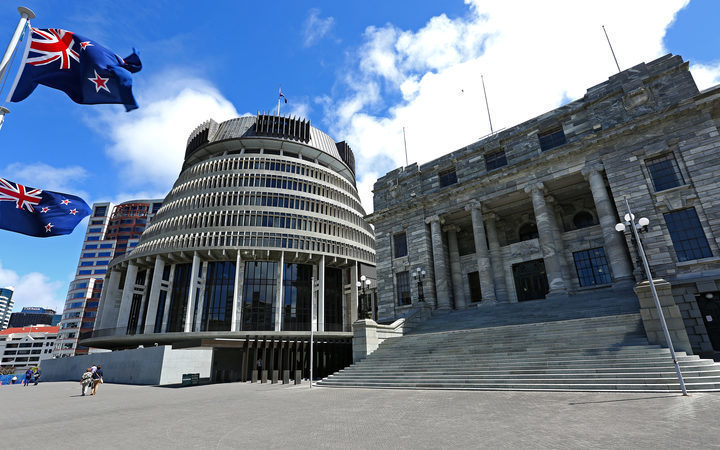
That is according to the latest survey from Research New Zealand which looked at the length of New Zealand's parliamentary term, the desirability of compulsory voting and the trust in democracy.
Research NZ Partner Emanuel Kalafatelis said it was after the US election that they decided to seek the opinion of New Zealanders on how our democratic processes line up with those around the world.
He said the vast majority of New Zealanders do have confidence in the country's democratic system.
"We got 90 percent and that is significantly higher than the level of opinion with regard to the democratic processes of Australia, 66 [percent], the United Kingdom at 55, the US at 23 and Hong Kong - less than 10, specifically 8 percent."
Kalafatelis said 61% of people wanted the parliamentary term to be increased from three years to four.
"I think we should not discount that result, I think we should keep an eye on that because obviously a significant proportion of New Zealanders are in support of that for one reason or another."
Younger respondents were less in favour of changing the parliamentary term than older respondents, he said.
"Older respondents obviously have had more experience of the electoral process you could say and, therefore, they could have an opinion that three years isn't enough for a government to get its feet under the table and do the stuff that it needs to do and so maybe that's behind the result that we've got here."
Only 40% of respondents believed that voting should be compulsory, compared with 46% who do not think it should be compulsory.
But Kalafatelis said it was not clear from the survey whether respondents were aware that New Zealanders who are over 18 have to enrol for a general election, even though it is not compulsory to vote.
Only 20% of respondents were in favour of lowering the voting age from 18 to 16.
Kalafatelis said as expected that increased somewhat for 18 to 34-year-old respondents where 28% favoured the move.
"It's not a hugely bigger figure, so I think another way of looking at that is to look at the number of young people aged 18 to 34 who aren't in favour of increasing it - roughly 70 percent - so even that age group are saying 'no I don't think it's a good idea that we lower the voting age from 18 to 16'."
Kalafatelis said obviously New Zealanders are clearly proud of the country's democratic processes and the only idea on the table in terms of electoral reform is increasing the parliamentary term from three to four years.












